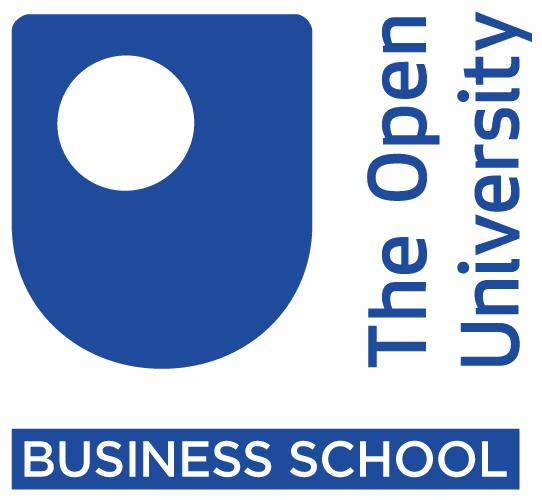Any teacher or trainer will vouch for the value of curiosity in the learning process. It is a valuable individual motivation to close a knowledge gap. Indeed curiosity has been shown in behavioural science experiments to fuel active learning behaviours like asking questions, exploration and experimentation, researching and seeking solutions, and ‘trial behaviour’. Or in other words – try something, see what happens, and learn from it. For employers these seem valuable workplace skills and behaviours to encourage in these times when organisations seek resilience, innovation, change adaptability among employees and a culture of learning and engagement.
Read more on senior lecturer in management development at The Open University Business School Liz Moody's thoughts here.










